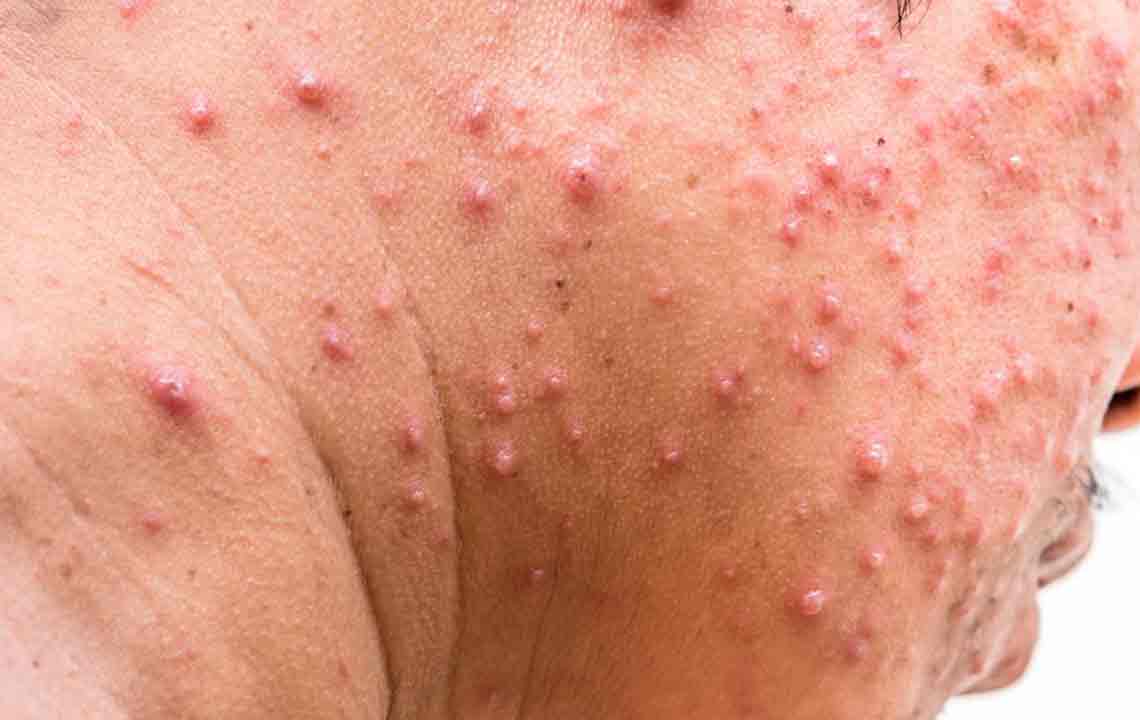Tips to Treat Shingles Rash
There’s no denying the fact that shingles are a painful condition. Most disturbing physically and invariably mentally, this viral infection proves to mar the skin surface. It can be quite tough to manage and many people go overboard, trying myriad tips and cures for shingles rash. What they miss is that any skin condition is an amalgam of various factors. To get the cures for shingles rash, you need to address attack and neutralize the root areas or the viruses creating the problem. Also called the Herpes Zoster, this condition is caused by Varicella Zoster virus, which also causes chickenpox.

The rash is most common among older adults over 50. If you have a weak immune system and are suffering from stress, injury, have cancer and are getting treated, are taking steroids for other medical conditions, then you can get shingles. If you ever suffered from chickenpox as a child, then the virus can lie dormant for many years before resurfacing as the shingles rash. A pregnant woman who suffers from chickenpox, her baby can get shingles. You can get it once and never get it again after treatment, but in some cases, it can reoccur again.
A headache, sensitivity to light, feeling feverish are first signs of the rash.
Moreover, there are some nasty and prolonged complications with shingles if you ignore the symptoms and leave it untreated. In these instances, there may be severe potential hazards that include loss of hearing, paralysis, loss of vision, and brain infections too. If you suspect or if a person is suspected to be at risk of having shingles, you need to seek professional help at the earliest. Self-medication in such cases is not recommended. A proper and early diagnosis of the viral infection enables speedier and sound recovery.
An accurate diagnosis can prevent potential complexities associated with this disease. Usually, a general practitioner can help to diagnose shingles as the apparent visage of blisters is quite a typical symptom. However, in some special cases, where you suffer from recurrent rashes, the doctor may acquire a culture of the affected tissue area for examination or microscopic assessment in the laboratory. If you have a shingles rash near your eyes or nose, see a doctor immediately. The shingles can spread to your eye and cause permanent damage.
Now that you know about the fundamentals of this rash, what about its treatment? Well, there’s no specific cure for a shingles rash after someone contracts it. The infection subsides and vanishes on its own. You can treat this condition with antiviral drugs, pain medication, antidepressants and topical creams to get relief from long-term pain as prescribed by doctors. They reduce the extent or severity of the malaise and eliminate any possibilities of further complications like partial facial paralysis or postherpetic neuralgia. Remember, if you get treated within 3 days of seeing the shingles rash, then your chances of suffering from later complications reduces.
You need to remember that medications and the treatment procedures for this condition primarily aim to diminish the virus activity and reduce the pain from the infection. The treatment only reduces the discomfort and pain that stems from the affected tissue space. So, in case, you’re fretting about it, then don’t. Shingles don’t necessitate any hospitalization and you can manage most cases at home. Except for a few cases where the immune system of a person becomes hugely impaired, hospitalization becomes one of the immediate cures for shingles rash.
Tips to cure shingles rash at home
- Avoid picking and scratching blisters.
- Use a cold moist compress to ease distress. Apply a calamine lotion after the wet compress.
- You can apply cornstarch or baking soda on the sores. They help sores to dry and heal quickly.
- To clean the crusts, reduce oozing and soothe the skin soak the crusted sores with tap water or Burrow’s solution
- Check with your doctor for topical cream recommendations to help relieve the inflammation caused by shingles.
- If your skin gets infected, ask your physician for antibiotic creams or ointment prescriptions.
If these cures for shingles rash don’t work and the rash becomes severely infected, see a doctor immediately.

